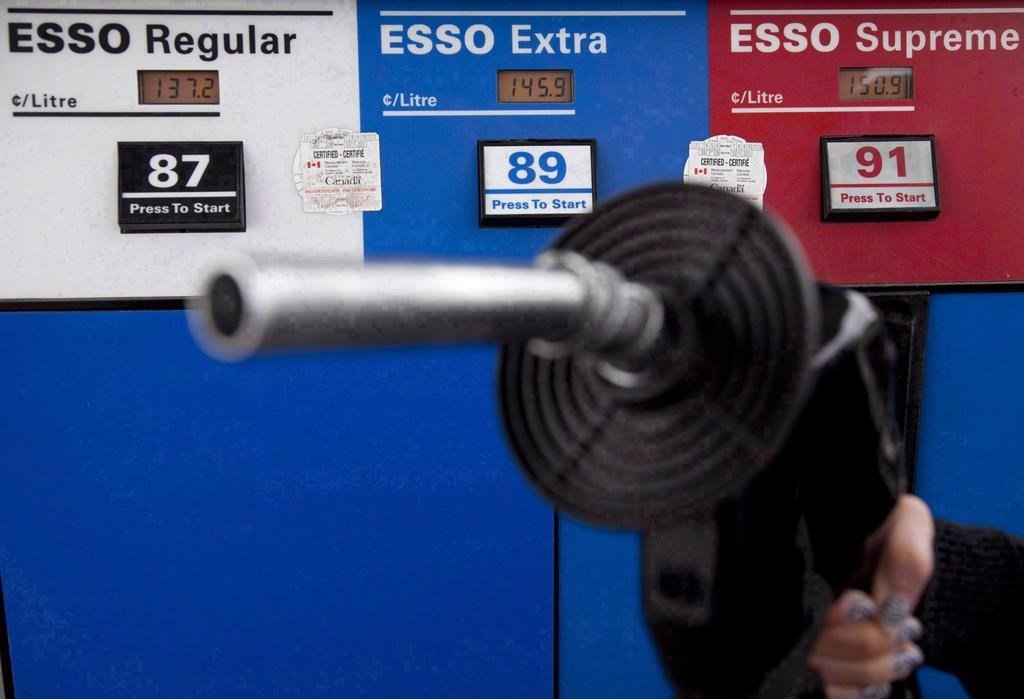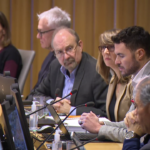British Columbia’s consumer carbon tax could be headed for the scrap heap within weeks or months, but questions remain about how the government will make up for the hole it creates in the provincial budget.
Ahead of the 2024 provincial election, B.C. Premier David Eby pledged to eliminate the consumer price on carbon if the federal government drops its requirement for provinces to have one.
That outcome appears likely, and soon.
2:10
What a carbon tax pivot would mean for British Columbians
Both frontrunners in the federal Liberal leadership race, Mark Carney and Chrystia Freeland, have vowed to drop the consumer-facing tax. Freeland says she would replace it with a policy developed in collaboration with the provinces, while Carney says he’d replace it with a policy to incentivize consumers to make green choices.
Liberals will elect their next leader — who will become prime minister — on March 9, days after B.C. presents its provincial budget.
1:58
As Liberal leadership field narrows, carbon tax faces uncertain future
“If — when, in fact — the federal government steps back from the carbon tax, B.C. too will remove the carbon tax and will act swiftly to do so,” B.C. Finance Minister Brenda Bailey told Global News.
“We know that the carbon tax compels people to choose between supporting sustainability and the question of affordability — what’s important is that we have to support people in both of those.”
Bailey said the province would maintain a carbon price for major emitters.
Trending Now
4.7 magnitude earthquake rattles parts of B.C. Friday
Bank of Canada governor’s tariff warning: ‘There won’t be a bounceback’
But she could not specify whether revenues from that tax or another source would be used to make up the gap in the budget.
“That’s the work ahead of us,” she said.
B.C.’s last budget forecast $2.6 billion in carbon tax revenue from all sources for the 2024/2025 fiscal year.
4:40
Conservatives will work with BC NDP but will push on resource sector, involuntary treatment and carbon tax
BC Conservative Opposition Leader John Rustad said taxpayers will end up stuck with the bill either way.
“I suspect what you will see, if an increased industrial carbon tax, that will just get passed on to consumers,” he said.
“Instead of seeing it on your bill you won’t see it anymore, it will just be hidden from consumers by putting it on industry.”
Rustad argued any hike on the tax paid by industrial emitters will reduce their competitiveness.
British Columbians will get a clearer picture of the province’s books when Bailey presents the provincial budget on March 4.
© 2025 Global News, a division of Corus Entertainment Inc.


